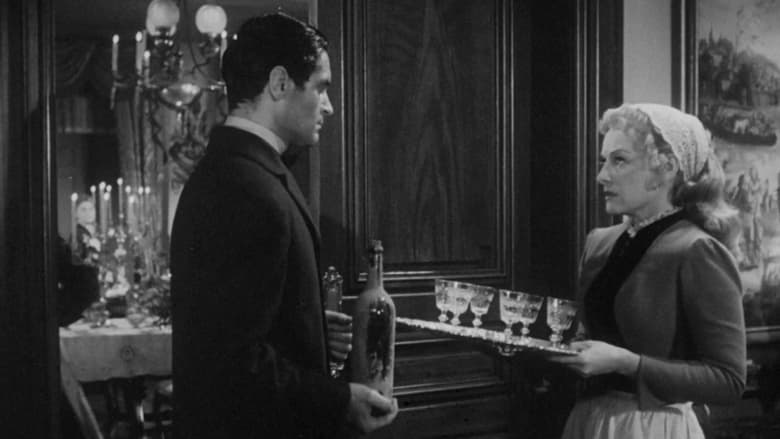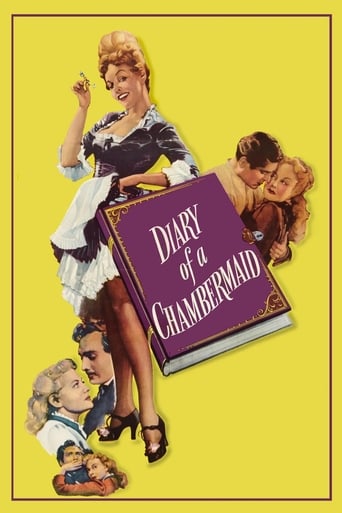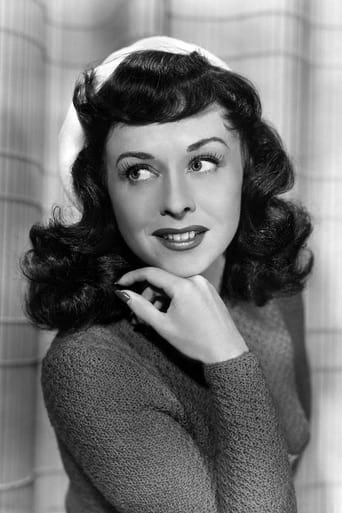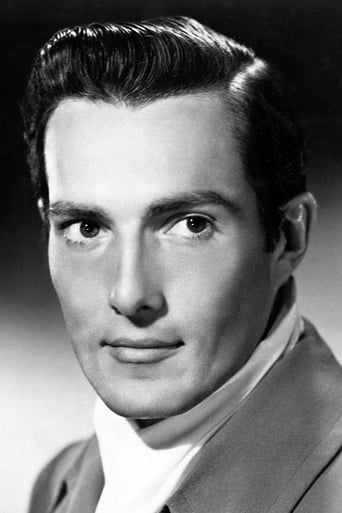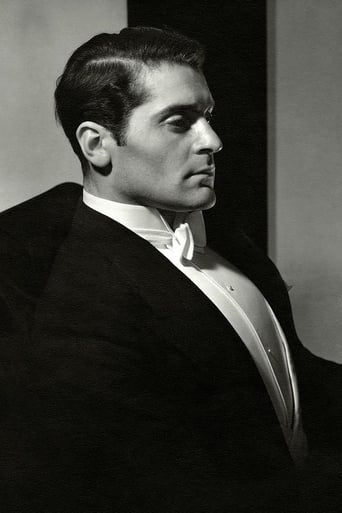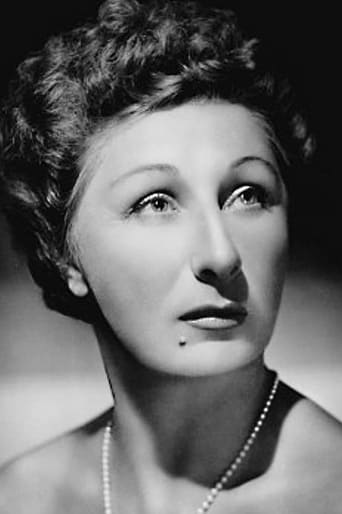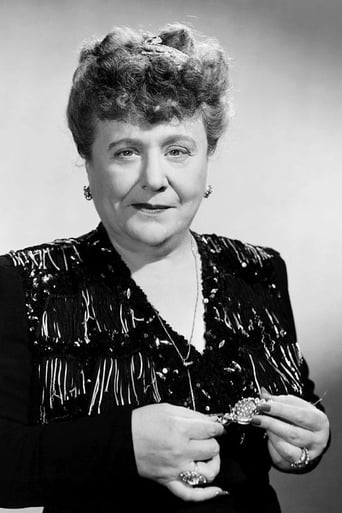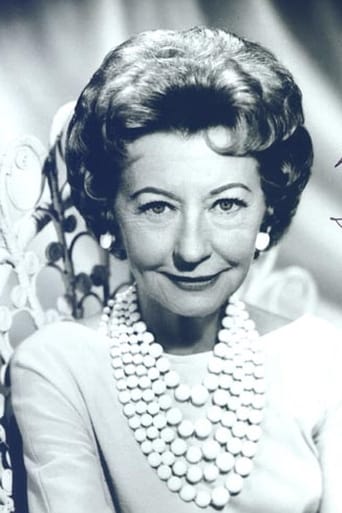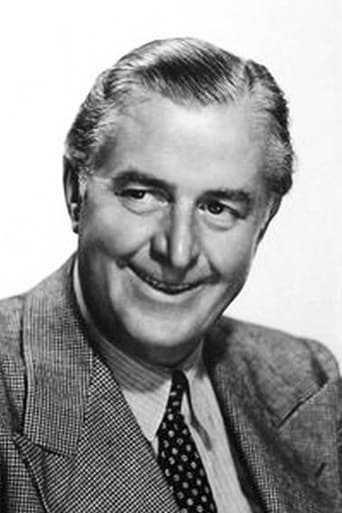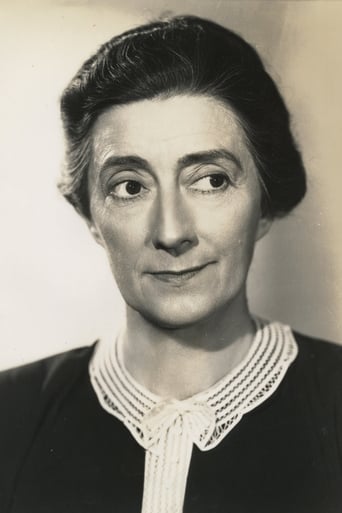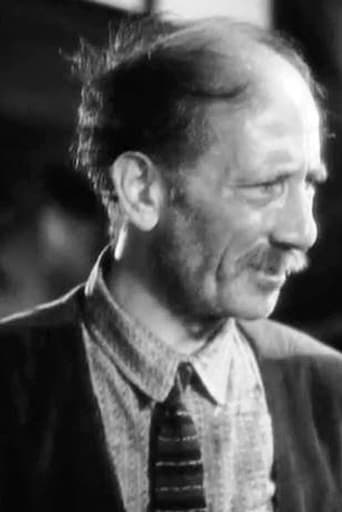Celestine, the chamber-maid, has a new job in the country, at the Lanlaires. She has decided to use her beauty to seduce a wealthy man, but Mr. Lanlaire is not a right choice: the house is firmly controlled by Madame Lanlaire, helped by the strange valet Joseph. Then she tries the neighbour, former officer Mauger. This seems to work. But soon the son of the Lanlaires comes back. He is young, attractive and does not share his mother's antirepublican opinions. So Celestine's beauty attracts Captain Mauger, young Georges Lanlaire, and Joseph. Three men, from three different social classes, with three different conceptions of life. Will Celestine be able to convince Georges of her sincerity?
Reviews
Plenty to Like, Plenty to Dislike
good back-story, and good acting
The movie turns out to be a little better than the average. Starting from a romantic formula often seen in the cinema, it ends in the most predictable (and somewhat bland) way.
Through painfully honest and emotional moments, the movie becomes irresistibly relatable
A double-bill of two films transmuting Octave Mirbeau's source novel LE JOURNAL D'UNE FEMME DE CHAMBRE onto the celluloid, made by two cinematic titans: Jean Renoir and Luis Buñuel, 18 years apart. Renoir's version is made in 1946 during his Hollywood spell, starring Paulette Goddard as our heroine Celestine, a Parisian girl arrives in the rural Lanlaire mansion to work as the chambermaid in 1885, barely alighting from the train, Celestine has already been rebuffed by the haughty valet Joseph (an excellently surly Lederer), and confides to the also newly arrived scullery maid Louise (a mousy and dowdy Irene Ryan) that she will do whatever in her power to advancing her social position and firmly proclaims that love is absolutely off limits, and the film uses the literal diary- writing sequences as a recurrent motif to trace Celestine's inner thoughts. The objects of her tease are Captain Lanlaire (Owen), the patriarch who has relinquished his monetary sovereignty to his wife (Judith Anderson, emanating a tangy air of gentility and callousness); and Captain Mauger (a comical Burgess Meredith, who also pens the screenplay off his own bat), the Lanlaire's goofy neighbor who has a florae-wolfing proclivity and is perennially at loggerheads with the former on grounds of the discrepancy in their political slants, both are caricatured as lecherous old geezers with the death of a pet squirrel prefiguring the less jaunty denouement. In Renoir's book, the story has a central belle-époque sickly romantic sophistication to sabotage Celestine's materialistic pursuit, here her love interest is George (Hurd Hatfield), the infirm son of the Lanlaire family, a defeatist borne out of upper-crust comfort and has no self-assurance to hazard a courtship to the one he hankers after. Only when Joseph, a proletariat like Celestine, turns murderous and betrays his rapacious nature, and foists a hapless Celestine into going away with him, is George spurred into action, but he is physically no match of Joseph, only with the succor from the plebeian mob on the Bastille Day, Celestine is whisked out of harm's way, the entire process is shrouded by a jocose and melodramatic state of exigency and Renoir makes ascertain that its impact is wholesome and wonderfully eye-pleasing. In paralleled with Buñuel's interpretation of the story, Renoir has his innate affinity towards the aristocracy (however ludicrous and enfeebled are those peopled) and its paraphernalia, the story is less lurid and occasionally gets off on a comedic bent through Goddard's vibrant performance juggling between a social-climber and a damsel-in-distress. The same adjective "comedic", "vibrant" certainly doesn't pertain to Buñuel's version, here the time-line has been relocated to the mid-1930s, Celestine (played by Jeanne Moreau with toothsome reticence and ambivalence) more often than not, keeps her own counsel, we don't even once see her writing on the titular diary, she works for Mr. and Mrs Monteil (Piccoli and Lugagne), who are childless but live with Madame's father Mr. Rabour (Ozenne, decorous in his condescending aloofness), an aristo secretly revels in boots fetish in spite of his dotage. Here the bourgeois combo is composed of a frigid and niggardly wife, a sexed-up and henpecked husband (Mr. Piccoli makes for a particularly farcical womanizer, armed with the same pick-up line), a seemingly genteel but kinky father, and Captain Mauger (Ivernel), here is less cartoonish but no less uppity, objectionable and erratic; whereas Joseph (Géret), is a rightist, anti-Semitic groom whose perversion is to a great extent much more obscene (rape, mutilation and pedophilia are not for those fainted hearts). Amongst those anathemas, Celestine must put on her poker face, or sometimes even a bored face to be pliant (she even acquiesces to be called as Marie which Goddard thinks better of in Renoir's movie), she is apparently stand-offish but covertly rebellious, and when a heinous crime occurs (a Red Riding Hood tale garnished with snails), she instinctively decides to seek justice and tries insinuating her way into a confession from the suspect through her corporeal submission, only the perpetrator is not a dolt either, unlike Renoir's Joseph, he knows what is at stakes and knows when to jettison his prey and start anew, that is a quite disturbing finale if one is not familiar with an ending where a murderer gets away with his grisly crime. But Buñuel cunningly precedes the ending with a close-up of a contemplating Celestine, after she finally earns her breakfast-in-bed privilege, it could suggest that what followed is derived from her fantasy, which can dodge the bullet if there must be. Brandishing his implacable anti-bourgeoisie flag, Buñuel thoughtfully blunts his surrealistic abandon to give more room for dramaturgy and logical equilibrium, which commendably conjures up an astringent satire laying into the depravity and inhumanity of the privileged but also doesn't mince words in asserting that it doesn't live and die with them, original sin is immanent, one just cannot be too watchful. Last but definitely not the least, R.I.P. the one and only Ms. Moreau, who just passed away at the age of 89, and in this film she is a formidable heroine, brave, sultry and immune to all the mushy sentiments, whose fierce, inscrutable look is more than a reflection of her temperaments, but a riveting affidavit of a bygone era's defining feature.
This film is not to be confused with the film by the same name which was made in 1964 by the famed director Luis Buñuel. While the theme of a conniving maid who is using her wiles to get ahead is in both and they have the same name, otherwise the films are very dissimilar--mostly because the bizarreness of Buñuel's version is missing. No foot fetishes, no rape, no murder and no antisemitism in the 1946 film! Jean Renoir's vision for the story is light-years different from Buñuel's. Personally, I think both versions have their strengths and both have their flaws, but I think the latter version is a bit better.Paulette Goddard plays the title role. She is a conniving woman who comes to her new home as a maid in order to marry a rich man. She's mostly interested in the master's son--but the young man is an indifferent suitor at best (Hurd Hatfield). There's also the old and VERY wacky neighbor (Burgess Meredith) and the valet--played in a very creepy manner by Francis Lederer. Who will she get by the end of the film? And, unfortunately, who care? My biggest problem with this film is Goddard. I have long wondered why she got so many plum roles as she was only a fair actress--and here she often overplays her part. Any sort of subtlety is missing from her portrayal--and the role really needed this, as the woman SHOULD have been played like a master manipulator. As far as the direction goes, it wasn't bad--and had the nice look Jean Renoir was noted for in his films. But he probably should have reigned in a few of the more florid portrayals (not just Goddard's)--though Lederer was BRILLIANT and the best thing about the film. Also, Goddard's character was a bit too sympathetic--she should have been much more amoral and manipulative in order to make the movie more enjoyable. Overall, I prefer the 1964 version a bit more--though I think this film could use yet another remake--one that is more subtle and without the weird 'extras' Luis Buñuel put in his film that tended to distract the viewer. Worth seeing but nothing more--and it should have been better. A great script idea that should have been even better--and juicier.FYI--Burgess Meredith and Paulette Goddard were married while they were making this film. Seeing Meredith wearing so much makeup and playing a very old man was rather funny--as they are almost the same age.
A little less than 100 after the French Revolution, the aristocracy targeted by the peasants are still not completely gone. During this era of Napolean III towards the end of the French monarchy (as ruled by an Italian), one family is desperate to keep its treasures and status of its once great name. That is the Lanlaire family, headed by domineering Judith Anderson who totally controls her husband Reginald Owen and has caused her son Hurd Hatfield to run away. The addition of two new servants (Paulette Goddard and Irene Ryan) is the opening trumpet blast towards their downfall. The impending return of Hatfield stirs Anderson into action: she wants attractive maid Goddard to seduce her son so he will remain under her roof and ultimately under her control. Francis Lederer plays the butler who is equally domineering and is also obviously dangerous. Goddard refuses to take any guff from Lederer, while Ryan ("Beverly Hillbilly's" beloved Granny) is an all-out scaredy cat. Next door are the strange Burgess Meredith and his obsessed companion, Florence Bates, who is immediately furious over Meredith's interest in Goddard. Meredith has an obsession with breaking the glass in his snooty neighbor's greenhouse and is also quite mad. There is a scene where he accidentally kills a pet squirrel that is quite disturbing.As Hatfield and Goddard become friendlier, Lederer gets more obsessed with Goddard, whose character Celestine is a follow-up to the same year's "Kitty". But unlike the mainstream "Kitty", "Diary of a Chambermaid" is a very strange movie, like a parallel universe where nothing seems right and everybody is acting mad like it was the norm. Owen's character is only feisty when Anderson is off the screen (until the very end) and of course, he too has a hankering for Celestine. Hatfield, quite different than his role in "The Picture of Dorian Gray", seems to take brooding to the excess here, but watching him come out of his shell with Celestine around is interestingly portrayed. Ryan shrieks more than Una O'Connor throughout the film so she can only be described as shrill. (It was good practice for her hysterical crying of "Jed!" on "BH" 20 years later.) As for Anderson, she starts off fine, understated, dignified and cool. But as we see the real motives of this messed-up mother, Anderson brings out all of her theatrics. She's dressed to the nines and spouts her lines dramatically as if she was just getting into her soon-to-be famous stage role of "Medea". Her character's obsession with the family's precious china is hysterical. Goddard has some very strange lines and her interactions with everybody around her appears as if she was spouting her lines as if they were Shakespeare's. In her interactions with off-screen hubby Burgess Meredith, it's almost amusing to think of them as a couple. He's obviously made up to play this psychotic neighbor and was apparently quite dashing off stage. Francis Lederer chews the scenery even more than Anderson so much that one expects him to bite into the secret treasures of Anderson's family. The usually sedate Florence Bates reads her lines with such hyperism she seems ready to have a heart attack at any minute.One must take films like this with a grain of salt. These period Gothic dramas are hit or miss. Hardly any of them are worthy of awards; They are simply pure escapism that post War audiences needed to see. Now that Europe was practically in ruins, seeing it as it was before the end of the monarchies was a hopeful sign that they could rebuild.
(WARNING - CONTAINS MILD SPOILER) The film is first of all a charming, well-shaded portrait of the foibles and oddities of a complex household, reveling in such easy diversions as neighbour Meredith's eccentric feud with the master of the house, and initially casting Goddard as a straightforward gold-digger - her performance is beautifully ambiguous in the way she might or might or not be genuine in her response to her various suitors. Later (and not entirely smoothly; some scenes, and the thing as a whole, feel a bit forced and/or abbreviated) it turns into a quivering, troubled parable on unravelling patriarchal and political structures - the scene where the household carries out its bizarre, defiant, hopeless ritual of anti-revolutionism is amazing. Lederer's mutation into a murdering capitalist is a bit overstated; as is the underlining of Goddard and Hatfield's rebellion across class lines by having him triumph over a debilitating illness, but all is justified by the film's superbly orchestrated crowd scene climax, which has the chaotic sweep of real history and perfectly places the human melodrama in its proper context.
Top Streaming Movies











